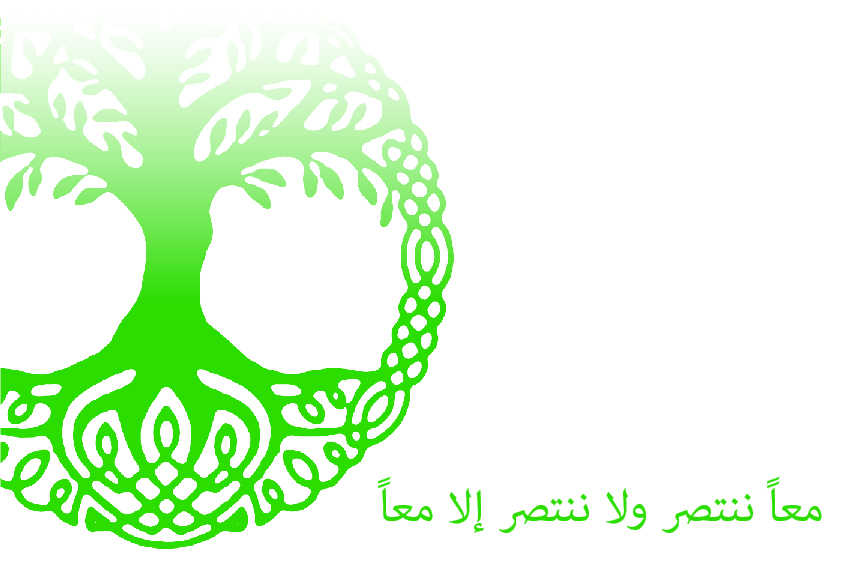
About IPMHN
Our Founding Statement:
The commitment to establish an Ireland Palestine Mental Health Network (IPMHN) was agreed by mental health practitioners from across the island of Ireland on May 2nd, 2020. The immediate context for this development was the major conference on the human rights violations against Palestinian children, organised by Trade Union Friends of Palestine, held in Dublin in November 2019. A call was made at this conference for the creation of a solidarity network of mental health clinicians and practitioners, similar to those in the UK, and other countries in Europe, South Africa and the USA. All these networks relate to the Palestine Global Mental Health Network. We the steering group of the IPMHN have been moved to respond to this call.
It is our profound belief that as mental health professionals we have an ethical responsibility in our day-to-day work not only to respond to human suffering, but to think critically about the causes of such suffering. Where we have the potential to intervene, to alleviate the causes of distress, we have a duty to do so.
As mental health practitioners we also have a strong affinity with our colleagues in other parts of the world who share a commitment to understanding human suffering, and to provide care. When we become aware that such suffering is being deliberately inflicted on our fellow human beings, when whole populations are being affected, and when our colleagues are themselves victims, we have a moral responsibility to take notice and to hold this in conscious awareness. Where we have the resources and the potential to act, and to raise awareness, we should do so. This moral responsibility is even greater however when a knowing world appears to remain silent, and when our own governments are complicit, and narratives and practices of normalisation condone and minimise acts of mass atrocity. This is the case with Palestine.
All three main sectors of the Palestinian population – under military occupation in East Jerusalem, the West Bank, and Gaza; as refugees; and as lesser citizens of Israel – are profoundly affected by Israeli apartheid and other human rights violations. This includes expropriation and colonisation of land, de facto and likely de jure annexation, theft of water resources, undermining economic development and enforcing poverty, destruction of heritage and culture, mass arrests and incarceration including of children. It includes restrictions on movement and enforced separation of families, the caging of entire communities and the shockingly inhumane siege of Gaza. It also involves casual and mass killings in all the occupied territories.
None of this should be accepted as beyond our capacity to change. We should not acquiesce in the unnecessary and avoidable suffering of those we work with. So too, we should not accept or acquiesce in the practices and values of a Western- backed, racially defined apartheid state. Nor should we permit the establishment of a template of human relations, exempt from the Charter of the United Nations and International Law, where human rights, justice and equality are accorded only to one ethno-religious group, and denied to others. This has consequences for all of us. Our silence, and our opposition, also has consequences, and this is our moral challenge.
From a position of solidarity, we hope to encourage a mental health perspective and a more focused discourse on the psychological and emotional suffering being inflicted on all sectors and classes of Palestinian society. In particular we are gravely concerned about a strategy whereby children, who are especially vulnerable, are deliberately targeted. This will have an inevitable impact on generations to come in Palestine.
We are very aware of the failure of governments and of international governing bodies to apply international law and international humanitarian law in the case of Israel. This permits and encourages a toxic culture of impunity and appeasement, even when war crimes, as defined by international law, are being perpetrated daily. The failure to address this internationally facilitates the acceptance of Israel in the UN as a normally functioning state. It also facilitates commerce and trade and the sponsorship by the EU of Israeli research and technology. In addition, this benefits other states to access new weapons of destruction and surveillance, designed by Israel to ensure the suppression of the Palestinian people. This has consequences for all of us globally.
We are aware too that dominant and state sponsored narratives reflect the complicity of Western governments, including the UK and Irish governments, with Israeli suppression of Palestinian rights. Such narratives mislead our populations and deny a voice to the Palestinian people. Nowhere is this more evident than in the culture and practices of Western professional and academic associations, when unquestioned dialogue is undertaken with Israeli institutions and their representatives. There is a tacit understanding, an unspoken rule that frames the conversation. This ensures that the suffering of Palestinian people under colonisation, is not to be acknowledged, spoken of, or even held in mind.
It is our hope that the IPMHN, working in solidarity with our Palestinian and global mental health colleagues will ensure that the Palestinian voice is heard.
In this endeavour we do not align ourselves with any political parties or political grouping However, we do support the call from organised Palestinian civil society for organisations across the world to support a campaign of Boycott, Divestment and Sanctions (BDS) against Israel until it complies with International Law and UN resolutions.
Finally, our particular aim is to express a solidarity as mental health practitioners that emerges out of the multi-layered dimensions of our own understanding on the island of Ireland of the human and social cost, and the trauma, of colonisation, division and discrimination, and of a history of violent conflict involving state and non-state actors.
